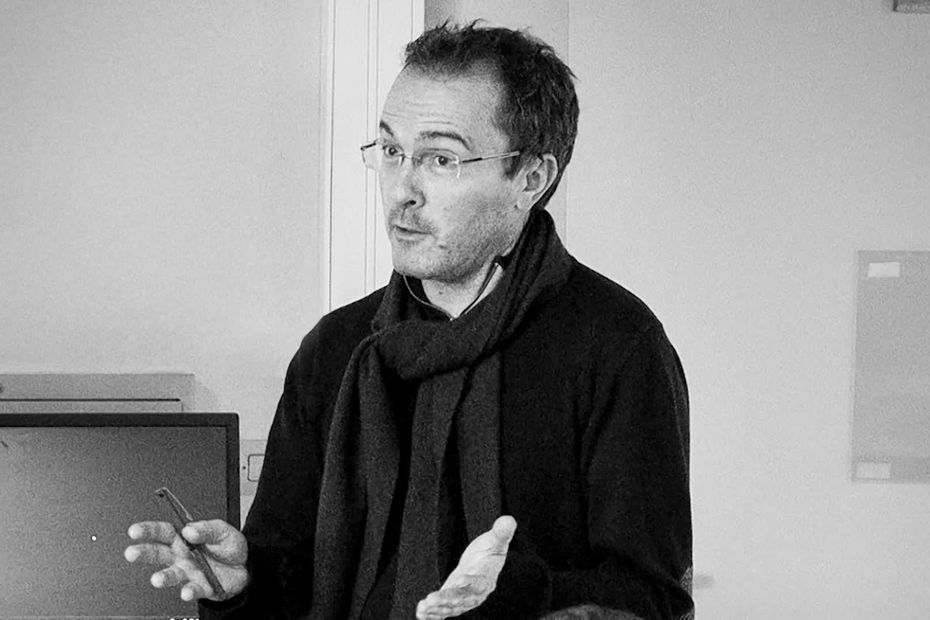This Friday, October 14, tributes will be paid to Samuel Paty in schools. Two years after the murder of the teacher of history and geography, respect for the principle of secularism in schools remains a long-term task. Interview with the lay contact person in Burgundy.
Two years after the murder of Samuel Paty, who was beheaded in Conflans-Sainte-Honorine (Yvelines) after showing the caricatures of Mohammed in class, on Friday morning, or Monday 17 October, tribute will be paid to the teacher of history and geography. But the issue of attacks on secularism remains a sensitive topic, and the phenomenon is even gaining momentum: 313 reports they were recorded in September 2022. 51% of accidents are in high schools, 36% in colleges and 13% in schools.
More than half of the facts involve wearing signs and clothes. To a lesser extent we find the suspicion of proselytism, the refusal of school activity, the contestation of teaching, community claims, verbal provocations. And in 2% of cases, the rejection of republican values. The Ministry of Education does not wish to communicate exact academic figures, to avoid comparisons between academies.
Interview with the lay representative of the Dijon academy, Frédéric Battle, one of whose missions is to support the heads of institutions, “meet families and students to put an end to the difficulties surrounding the values of the Republic “
Are there many attacks on secularism in the Dijon academy?
Federico Battaglia : “We are in a relatively preserved academy, compared to our colleagues in Ile-de-France for example. We have had a large number of reports during the minute of silence for Samuel Paty, the year of the assassination. We have had a lot of news. less last year We will be very vigilant this year.
The rector’s speech is clear: any attack on the values of the Republic must be the subject of a report by the heads of the establishment. And every relationship must be the object of accompaniment, on the establishment side.
What are the types of attacks that occur most often?
FB : “These are the questions about the use of signs showing religious affiliation and teaching challenges, ie inappropriate behavior when teachers mention this or that part of the program. Sometimes we have students who respect the values of the Republic in the institute, but who, on the occasion of a trip or a school trip, behave inappropriately, manifesting a religious affiliation.Our whole role is to remind them firmly, but in dialogue, that the rules of signage and some clothes are also valid during school trips, or outside the factory, for example during sporting activities “.
Who are the perpetrators of these attacks?
FB : “We find students’ families, when there is a dispute over teaching: a family that will wonder why their child has to work on this or that part of the program, study this or that job. In this case, we have a job with families “.
FB: “It goes from dialogue to the imposition of disciplinary sanctions. In complex cases it is a complaint to the judicial authority. There are established procedures, reports that also go to territorial intelligence, to the services of the prefecture, in the context of the fight against radicalization. We act in total transparency.
In the most threatening cases, a protection service for the personnel in question is set up, and it is justice that intervenes. Often it is the justice services that act as a guide: we intervene in the support and accompaniment of the teacher. It is also addressed in the training we put in place, or how we react individually and collectively to attacks on the values of the Republic.
FB: “We need a real determination and firmness on the part of the institution as a whole on these issues. It is also important that these questions are addressed through the programs, all subjects combined. We insist with the teams during training, we must not taboo matter, even teachers should not be induced to censor themselves! It is a long-term job, but the institution must not back down “.


